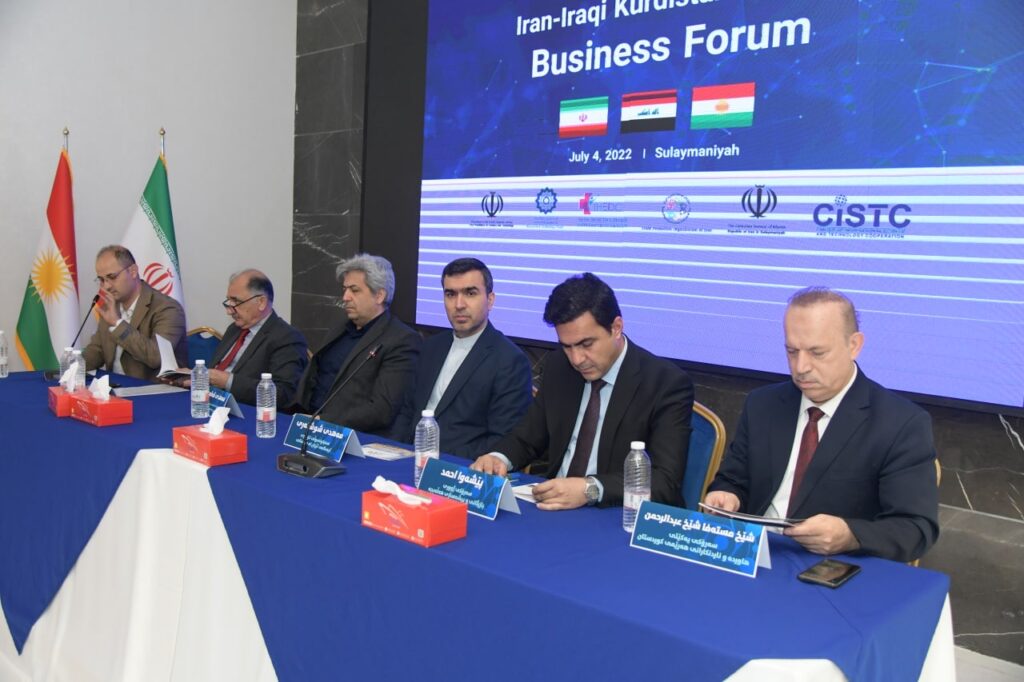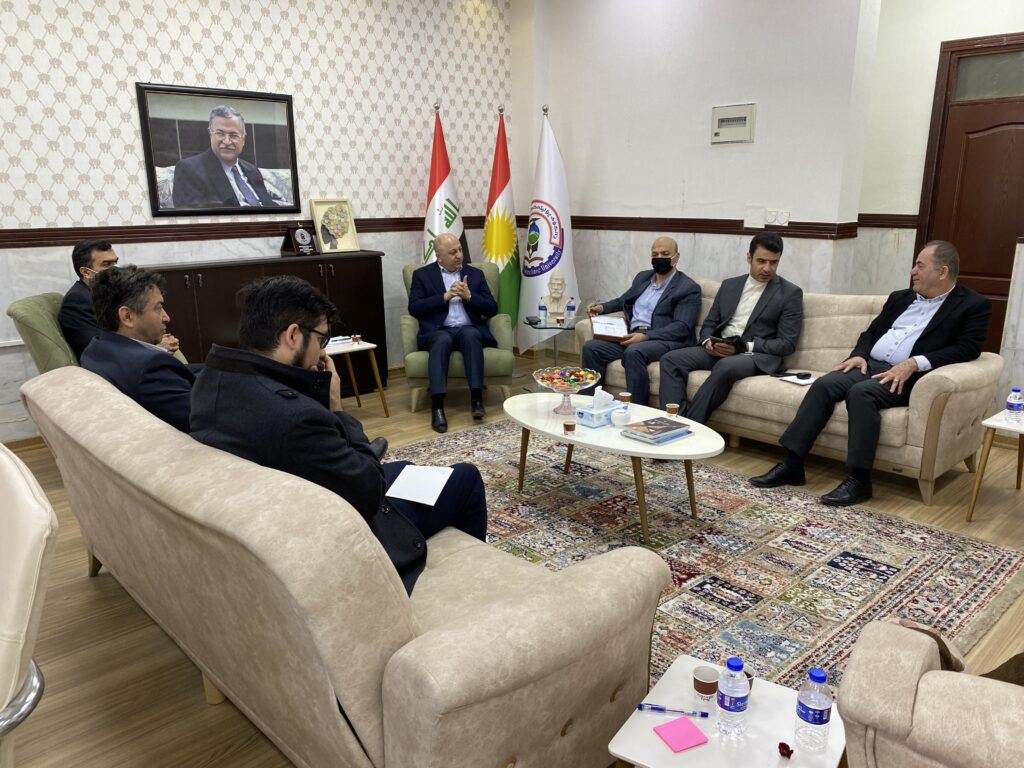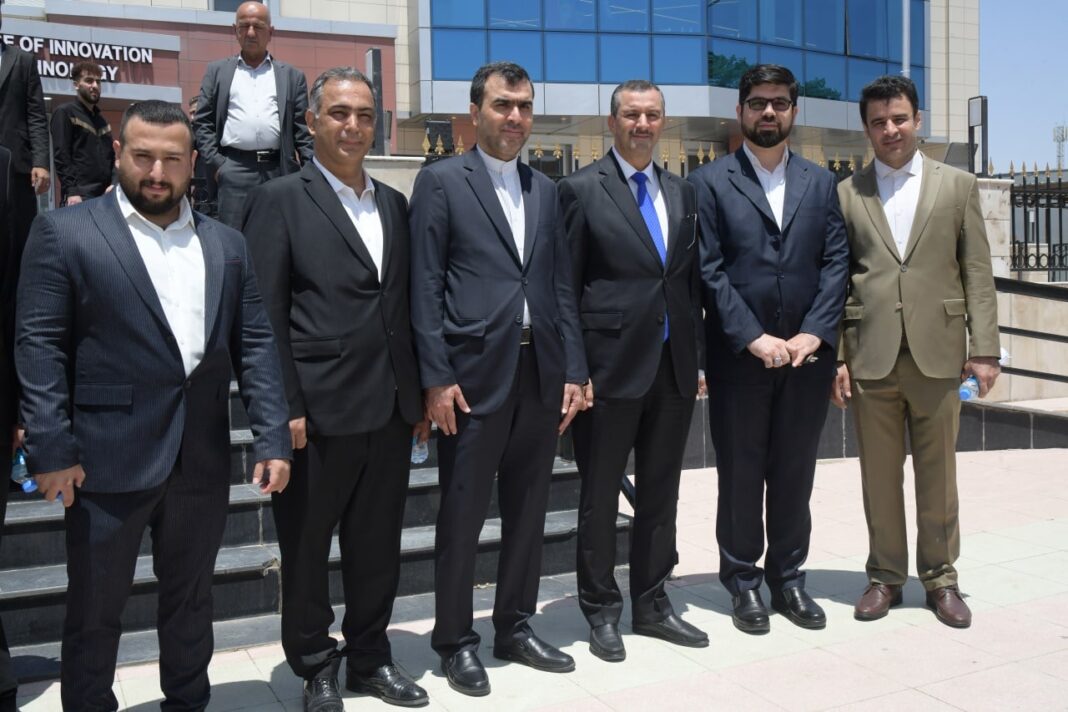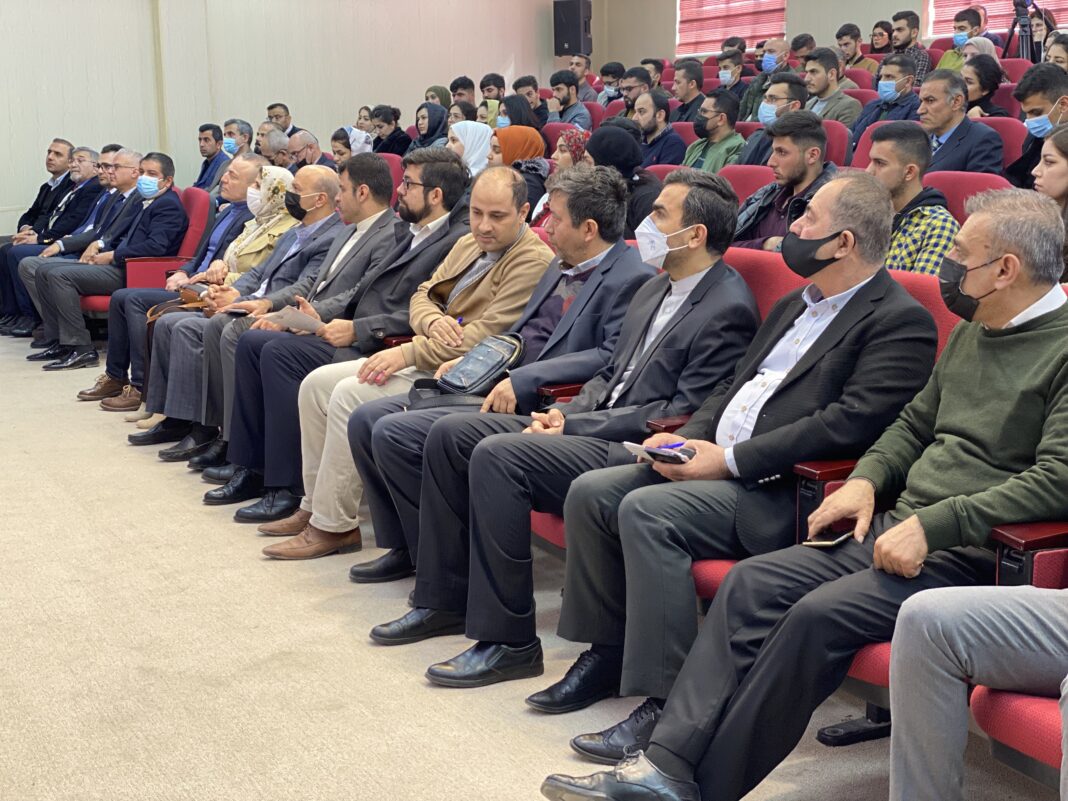1. Introduction to Kurdistan’s Economy
The Kurdistan Region has experienced significant economic growth over the past two decades, driven by oil exports, foreign investments, and infrastructure development. The semi-autonomous region benefits from a strategic location, connecting markets in the Middle East, Turkey, and Europe. Despite challenges such as political instability and economic fluctuations, Kurdistan continues to attract businesses and investors looking for new opportunities in an emerging market.
2. Key Sectors Driving Growth
The oil and gas sector remains the backbone of Kurdistan’s economy, accounting for a large share of revenue. However, diversification efforts have led to growth in other industries such as real estate, agriculture, tourism, and technology. The government has encouraged investment in renewable energy, manufacturing, and logistics, aiming to reduce reliance on oil and create a more sustainable economic future.

3. Challenges and Economic Risks
While the Kurdistan Region offers numerous business opportunities, there are also challenges that investors must navigate. Issues such as bureaucratic inefficiencies, fluctuating exchange rates, and dependency on oil revenues pose risks to economic stability. Additionally, political tensions with the Iraqi central government sometimes create uncertainty regarding financial agreements and resource management. Addressing these concerns through policy reforms and international cooperation is essential for long-term economic resilience.

4. The Future of Kurdistan’s Economy
Looking ahead, the Kurdistan Region is focusing on economic reforms, digital transformation, and improved financial regulations to foster growth. By investing in education, technology, and public-private partnerships, the government aims to create a more competitive and diversified economy. If managed effectively, Kurdistan has the potential to become a key economic hub in the Middle East, offering sustainable investment opportunities for years to come.




